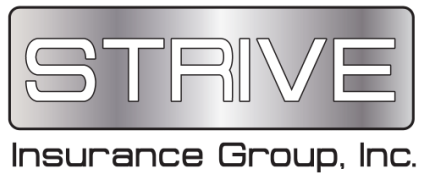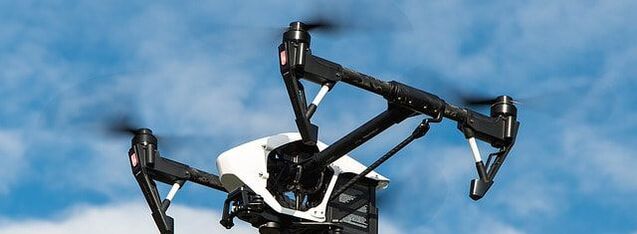|
Electric Scooters
Electric scooters are popping up in cities across America, but they have been popular in Europe for years. We are at the beginning of this new form of personal transportation, which creates a few questions regarding risk, liability, and insurance coverage. Scooter usage Facts (Forbes)
Insurance companies are busy trying to figure out who is liable in the event a scooter injures someone. What if the scooter rider injures someone while on the job, will the injuries be covered under workers' compensation? Will liability be the responsibility of the employer’s insurer? Many insurance policies may not address scooters specifically. Depending on the circumstances, some electric scooter-related injuries may be covered, while others may not. Right now, most insurers will not cover scooter crashes. Auto insurers also will not cover scooters, as they are not defined as an automobile. Scooter companies have strict waivers that are included in the rental agreement limiting any liability to the rental companies. One company offers a $1,000,000 liability policy, but all claims would be subject to extensive investigations. Most legal experts agree that riders will bear the legal liability arising from accidents because of the terms to which the rider agrees to when downloading the app. The laws, the courts, and the insurance industry are often slow to respond to new technology, and this may be the case with electric scooters. Relatively few laws specific to electric scooters have been passed. We recommend you contact your insurance agent to discuss if your personal insurance provides any coverage, or if you need to add coverage to your program. Drones and Insurance The Federal Aviation Administration (FAA) released guidelines on the use of drones for commercial and personal use. Many businesses are considering, or actually using, drones as part of their business. Just a few drone applications include real-estate sales and appraisals, making commercials, construction projects, and even security. Most drone users have little or no aviation experience, so even if you follow the regulations and the laws, you might experience a pilot error or unplanned equipment failure. With some models tipping the scales of up to 55 pounds, rogue drones can pose a significant threat to people and property—and to your personal liability. That is why it is smart to add an insurance review to your pre-flight checklist. Here is a link to the FAA rules Here Are Some Things to Know
Each insurance policy is different. But generally, your homeowner’s insurance may not cover your liability if your drone causes a covered loss. It always pays to check with your agent. Driverless Cars Every year auto manufacturers come out with new technology that improves the operation of their vehicles. There is no question that self-driving cars are in our future, and there are many questions that come with this kind of technology. A transport scholar at the University of Minnesota believes that by 2030, every car on the road will be driverless. According to another expert source, the Insurance Institute for Highway Safety, there will be 3.5 million self-driving vehicles on U.S. roads by 2025, and 4.5 million by 2030. Most states have already enacted legislation or executive orders around legal issues involving self-driving cars. Key Issues around Self-Driving Cars
6/29/2021 06:21:10 pm
I appreciated it when you shared that it is great to work with your agent to discuss insurance that provides any coverage for your ride. My uncle just mentioned the other day that he is planning to get a new scooter for his son so it will be easier for him to go to school instead of having to walk. I will suggest to him getting insurance for the vehicle in case anything happens.
Reply
Leave a Reply. |
Archives
June 2024
Categories
All
|


 RSS Feed
RSS Feed
1/27/2021
1 Comment